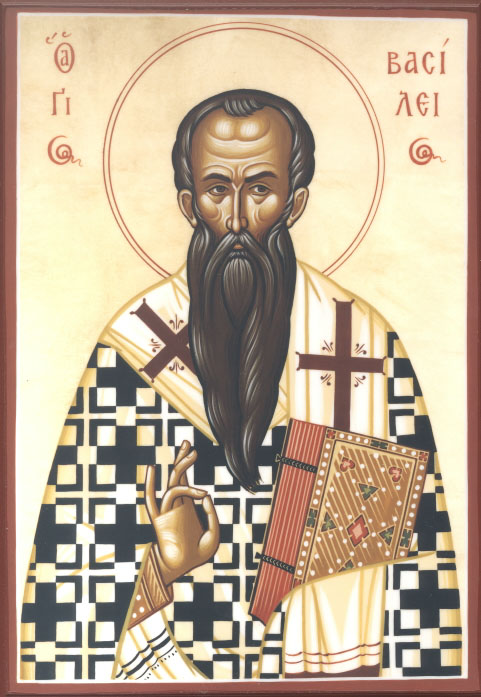It is a basic principle of philosophy that there is nothing in the mind which was not previously in the senses. All our knowledge comes from the body. We have a body, St. Thomas tells us, because of the weakness of our intellect.
— Ven. Fulton Sheen, from Three to Get Married.
While it may be common sense to some that our bodies result from the weakness of our intellects, this is not exactly the most intuitive point for me. Consequently, this passage (along with the encompassing paragraph) has caused me a bit of trouble.
Much to my delight, Fr. Mitch Pacwa, S.J. - who, on his program Threshold of Hope, is currently working through the encyclical of Pope St. John Paul II entitled Fides et Ratio - recently had an individual call in to ask about a topic related to the above passage. Although the question does not deal directly with the point regarding the weakness of the intellect being the cause of the body, Fr. Pacwa offers, in his usual way, a clear response to a closely related question with a practical example which most will find accessible. The question and answer can be found in the video below from 39:40-42:26.
Caller: "...on page 290 in the Magnificat, it says that the Devil is God's creature - the very first line. Why don't we pray for the conversion of the Devil like we do for the conversion of Russia and other sinners and people that commit violence?"
Great question, Amy, and what you are dealing with here is the difference between the nature of an angel and the nature of human beings. Let me give you a couple of ways to look at it. First of all, let's take a look at human beings. We are spirit and body, right? Now, have any of you here in the audience ever tried to lose a little weight? All right, I did too. So, as a result, [did] you say, "Ok, I'm going to lose some weight, so I'll stop eating all the bad stuff." Did that work? Not for me! You know, when I see a homemade apple pie, or something like that, I say, "Oh, this can't be that fattening!" And so here's the thing, because we have a body with its different desires as well as a mind and spirit, we can say in our mind, "This is what I want to do," but my body says, "Apple pie! ... With a lard crust!" (Cause those are the good ones.) So we can go back and forth. Angels, on the other hand, don't have bodies that contradict what's in their spirit. They are pure spirit. And when an angel makes a decision, it is permanent. So, you and I, as human beings, are compared in the Bible to clay, and we keep getting molded throughout life. Angels are like fast-setting concrete. They make a decision - boom, that's it. They can't change. That's why we don't pray for the evil angels to change, and that's also why the good angels cannot go back and start over and say, "Maybe I'd like to try being evil." They make their decision, it's permanent. That's the nature of being pure spirit versus body and soul.
— Fr. Mitch Pacwa, S.J., from Threshold of Hope, 22 July 2014.
August 6 is the Feast of the Transfiguration (both calendars). The Collect for today is discussed on a post at Fr. Z's blog.
O God, who in the glorious Transfiguration
of your Only Begotten Son
confirmed the mysteries of faith by the witness of the Fathers
and wonderfully prefigured our full adoption to sonship,
grant, we pray, to your servants,
that, listening to the voice of your beloved Son,
we may merit to become co-heirs with him.
— Collect for the Feast of the Transfiguration.

